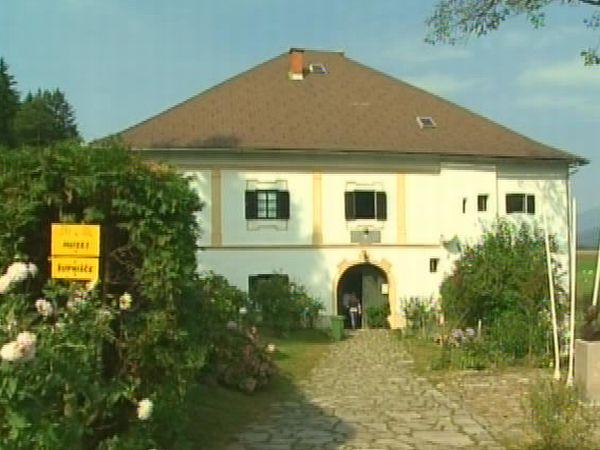
At first sight, Libeliče looks like any other quiet, picturesque village in northern Slovenia. But an unusual set of historic circumstances in the 20th century made Libeliče a symbol of Slovenian national consciousness.
The unusual story of Libeliče began after World War I. The southern part of Austria’s province of Carinthia had a large Slovenian population, so in 1920 a referendum was held to determine whether the area would remain in rump, German-dominated Austria or join the new South Slav state.
Even many ethnic Slovenians were wary of the South Slav kingdom, which they feared would be dominated by Serbia. These skeptical Slovenians, combined with the region’s German population, were enough to turn the referendum in Austria’s favor. Southern Carinthia was given to Austria, and thousands of Slovenians found themselves separated from their compatriots.
Included in that territory was the village of Libeliče, barely on the Austrian side of the new Austro-Yugoslav border. But its feisty residents, who had voted overwhelmingly for Yugoslavia in the referendum, decided that they would not accept the status quo. They would make it clear to Austrian authorities that they wanted to join other Slovenians.
Day after day, the villagers of Libeliče pulled out border markers, cut down barbed wire on the border, and organized protest marches. As soon as the Austrian authorities attempted to restore the status quo, the villagers would stage another act of defiance. The locals panned their actions in remote homesteads, far from the grip of Austrian police. Pro-German elements mounted counter-attacks and even beat up some villagers, but that only increased the village’s determination.
Austria eventually realized that it could not bring Libeliče to heel. On October 1, 1922, it agreed to hand over the rebellious village to Yugoslavia in exchange for an uninhabited strip of nearby territory. The new border ran on the edge of the village, but Libeliče was now in Yugoslavia. With their bravery and tenacity, the people of Libeliče had done what seemed impossible: They managed to change an international border.
However, there was still one piece of unfinished business for the villagers to tackle. When the Austrians withdrew, they took documents, school supplies, and furniture with them. They even took the village’s prized fire engine. Not to be outdone, the villagers of Libeliče organized s secret, night-time mission. They went across the border, stole the fire engine, and snuggled it back to Libeliče.
In December 1990, the villagers went to the polls once again, casting their votes for Slovenia’s independence and thereby concluding an extraordinary journey that had begun 70 years earlier. Today, Libeliče is still considered a symbol of Slovenian patriotism and determination.

































































